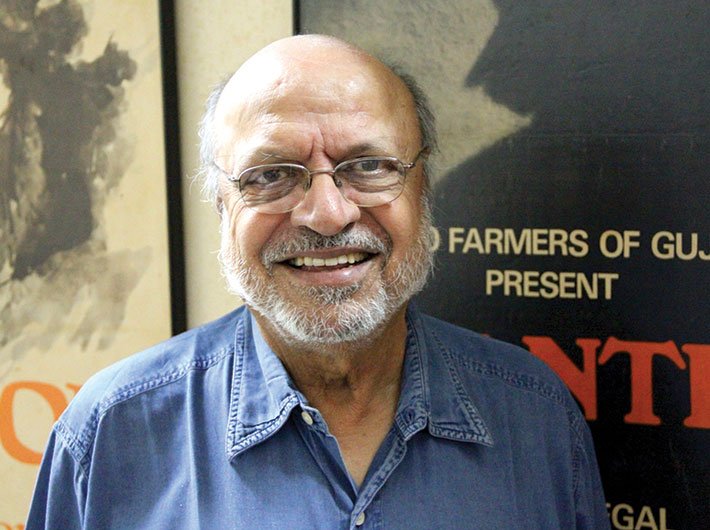For years we had a tradition in Mumbai, particularly for all the trunk roads, to be avenues (boulevards). Though we continue to have trees in some parts of Mumbai, the fact is that we appear to have given up on this. Having trees and plants on streets and roads not only provides shade but also absorbs pollution and makes a huge difference in the manner in which a town functions. Being a crowded city, the avenues are important for all its major roads.
Our city does not have many empty patches of land and there are a few playgrounds. Most of them have gone with the new colonies coming up. With the salt pans being taken over, it is very tragic. Our city will henceforth become totally unliveable. The government must allow open spaces which can serve as lungs for the city. But they are being taken over by brick, mortar and cement. The least we can do is to create avenues along the roads and have trees on the road sides. It is absolutely essential. You cannot have bare roads baking under the sun. It is important to have greenery in every neighbourhood.
It is not just the government, which is promoting vehicles. People have ambition to do well in an urban area in terms of owning a house and a vehicle. Bicycles have gone off the road and vehicular traffic is increasing manifold. At one time, Pune used to have bicycle lanes which didn’t interfere with four-wheelers. But the city has not been able to sustain that. Public transport has to be the focus for any movement of people. The number of buses must outnumber cars.
New York is a congested city and has five boroughs with Manhattan being the most important and crowded one. We are like a second New York in terms of transportation and congestion. Like New York we have a good public transportation system, the best in the country, yet it is not adequate for our needs.
Shift workplaces to the mainland
Mumbai is a long island located on a strip of land that runs from north to south with the highest distance between the two and very short width. There are problems in vehicular and human movement. We have only two major trunk roads going from north to south with connecting roads in east-west axis. In Mumbai around one-third to a half of the population travels from one part of the city to another for work every day. Many residential areas are in western or eastern suburbs and require people to travel for 60 to 90 minutes to reach their office. This does not happen in any other city in the world. Three-four million people in the city travel from one end to another twice daily for work. Seventy-five percent of the offices are located in South Mumbai. No matter where you live you have to come to this side as offices are not spread around the city. It is pathetic when people have to travel around two hours one way for work as places nearby are unaffordable.
We have to change this so that people can be closer to their work places. It requires multi-pronged solutions and the city itself must change its focus. For instance, the centre and state government offices can be shifted to the mainland or Navi Mumbai. A lot of people working in these offices will also move out. It will be natural movement out of the city. The city will then become, in some ways, a larger one.
During the British rule, there were three parts to a city; the main city, the civil lines where government civil employees lived, and the cantonment where the army and police lived. This is the way cities in colonial India were developed and it is our colonial heritage. Our cities developed because of colonial times. The British designed our cities like that.
We start with an enormous problem that seems insoluble but it can be solved. We have to take a lot more land, develop our transportation system between the island and mainland, so that people don’t have to necessarily crowd this space and live in tiny matchbox-size homes costing crores of rupees. As long as Mumbai remains an attractive city it will keep attracting people like a magnet for the opportunities it offers – and you cannot stop that. Our urban sprawls, the slums can be rehabilitated.
As told to Geetanjali Minhas
(The article appears in the April 30, 2018 issue)


